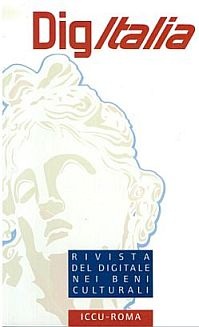Il riuso come trasformazione del contesto: una prospettiva archivistica
DOI:
https://doi.org/10.36181/digitalia-00078Keywords:
Activity Theory, Context, Identity, Provenance, PROV Ontology, Digital Resources, ReuseAbstract
Digital resources can be created, modified, edited, disaggregated and recomposed with extreme ease thanks to the wide dissemination of technological tools, the simplicity of their use and the presence of a worldwide network that enables instant communication. However, the continuous editing and remix of digital resources produces objects whose boundaries and identities become blurred and indefinite, leading to the progressive erosion of the authority of sources and the consequent alteration of our relationship of trust with them. The essay investigates both the identity of digital resources, to understand how it is altered by reuse, and the identity of the reuse, interpreting every action as a form of mediation that affects and determines the relationship with objects. Context emerges as a fundamental concept for understanding the nature and contours of identity, and Activity Theory is presented as a tool for interpreting the phenomenon of reuse in a different perspective.
Downloads
Downloads
Published
How to Cite
Issue
Section
License
Copyright (c) 2023 Giovanni Michetti

This work is licensed under a Creative Commons Attribution-ShareAlike 3.0 Unported License.
The Authors publishing their contributions on this journal agree to the following conditions:
- The Authors detain intellectual property rights of their work and transfer the right of first publication of the work to the journal, under the following Licence: Attribution-ShareAlike 3.0 Italy (CC BY-SA 3.0 IT). This Licence allows third parties to share the work by attributing it to the Authors and clarifying that the work has been first published on this journal.
- Authors can sign other, non-exclusive licence agreements for the dissemination of the published word (e.g. to deposit it in an institutional archive or publish it in a monography), provided that they state that the work has been first published on this journal.
- Authors can disseminate their work online (e.g. in institutional repositories or on their personal websites) after its publication, to potentially enhance knowledge sharing, foster productive intellectual exchange and increase citations (see The Effect of Open Access).






